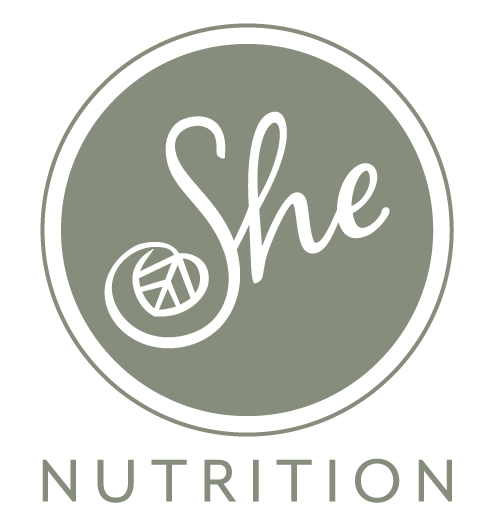Supplements for Women Over 40 – Which Ones Do You Really Need?
Have you ever stood in the supplements aisle and wondered, "Do I really need all of these?" It seems there's a supplement claiming to fix nearly every problem we may or may not have.
I've never been a fan of taking numerous supplements, and even after becoming a Certified Nutritionist, I still believe that nothing beats a healthy lifestyle and obtaining most of your nutrients from wholesome foods. Nature, in its wisdom, packs food with the vitamins, minerals, enzymes, and cofactors that promote better absorption. Our liver doesn't have to work as hard processing supplements, and let's not forget the high prices. If not careful, you could spend hundreds of dollars on supplements that might not live up to the hype.
However, there's a place for good quality supplements in certain situations:
When your healthcare professional has confirmed deficiencies that need immediate attention.
When getting enough nutritious foods regularly is not feasible.
When your body can't access a specific nutrient easily due to dietary restrictions or environmental factors.
With these points in mind, here are six supplements I've used (not all at the same time!) and recommend to clients based on their specific needs.
DISCLAIMER: This information is for reference purposes only. Always consult with your healthcare professional before taking supplements.
Protein Powder
While not something you'll rely on every day, it's a quick and convenient way to get your protein when you're rushing out the door. I prefer using a whey isolate protein (derived from animals) for several reasons: it mixes well in a shake, is tasteless (I choose unflavored), and doesn't upset my stomach. For my vegan clients, I recommend a blend of pea and rice protein.
If you're busy and can't sit down for a meal, a quick smoothie with protein (yogurt or protein powder, your choice of milk, fruits, greens, and seeds) can do the trick.
Vitamin D
Vitamin D helps the body use calcium and phosphorus to build and maintain strong bones and teeth. Low vitamin D levels have been linked to a higher incidence of mood disorders, including premenstrual syndrome (PMS), seasonal affective disorder (SAD), and even depression. https://www.ncbi.nlm.nih.gov/pmc/articles/PMC2908269/
Our bodies can manufacture Vitamin D after exposure to ultraviolet rays from sunlight, but this can be challenging if you live in the high northern hemisphere, are older than 65, have darker skin, or are obese.
For guidance on how much you need, please refer to Health Canada guidelines.
I recommend a D3 with K2 supplement for better absorption.
Calcium
Osteoporosis Canada reports that at least 1 in 3 women will break a bone due to osteoporosis in their lifetime, which is a concerning statistic.
Maintaining healthy and strong bones depends on several factors, and those we have control over include an active lifestyle, a balanced diet, and a steady stream of nutrients, particularly calcium and vitamin D.
While many associate calcium with milk and dairy products, there are alternative sources of calcium that can help you meet the recommended daily intake of 1200mg. Some of my go-to sources include broccoli, asparagus, bell peppers, yogurt, salmon, spinach, beans, and edamame.
Are you consuming enough calcium? You can check with this handy tool from Osteoporosis Canada.
Magnesium
This amazing mineral is linked to a lower incidence of inflammatory diseases such as insulin resistance, diabetes, and heart disease, all of which are on the rise among women. https://www.ncbi.nlm.nih.gov/pmc/articles/PMC5783146/
There are plenty of natural food sources, including green leafy vegetables, legumes, nuts, seeds, and whole grains.
Magnesium also aids in relaxation, something we need more of as we age. When it comes to supplements, I recommend Magnesium bisglycinate due to its high absorbability.
Fish Oils/Omega-3s
Taking fish oil supplements can be a good idea unless you're eating fish like salmon, herring, mackerel, sardines, or anchovies twice a week.
Omega-3s are great for brain and heart health, have anti-inflammatory properties, and benefit eye and skin health.
For vegan friends, consider algae oil as an alternative.
B12
If you follow a high-protein diet, you might not need a B12 supplement. Fish, red meat, poultry, eggs, and Greek yogurt are excellent sources of vitamin B12. For vegans, nutritional yeast, shiitake mushrooms, tempeh, and B12-fortified foods are suitable options.
Final Thoughts
A blood test can confirm whether you're deficient in a specific nutrient. Always consult with your healthcare professional before taking supplements.
Be vigilant when purchasing products, read the labels, and ensure you're getting what you pay for.
And remember, supplements are not meant to replace a healthy lifestyle and diet.

